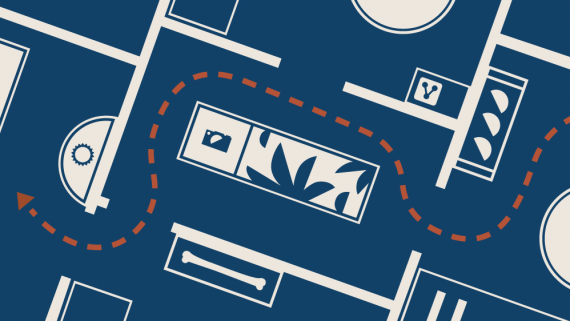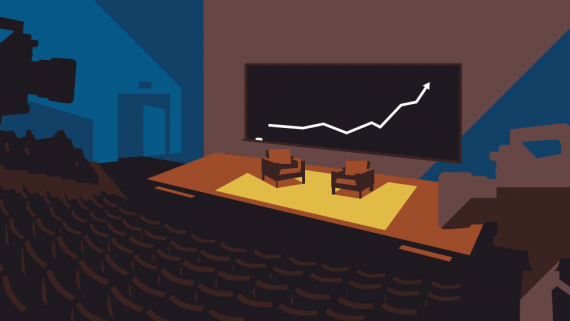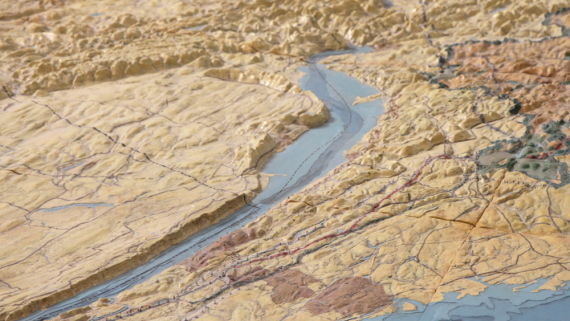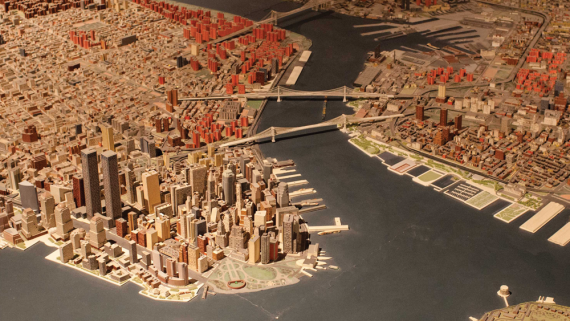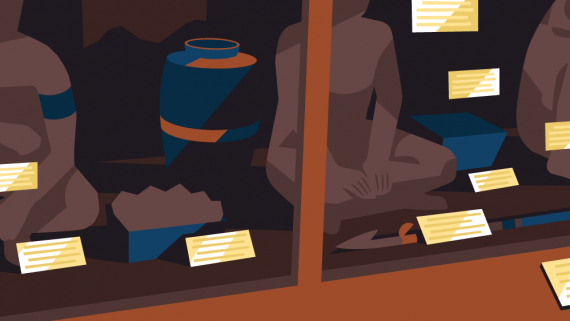Wes Gillingham, Program Director of Catskill Mountainkeeper, uses the Watershed Model, a 540 square foot relief map built by the Department of Water Supply, Gas, and Electricity for the 1939 World’s Fair, to illustrate the potential impact of fracking of NYC’s water supply. Following the tour is an emergency short film detailing the public relations strategies and misinformation campaign perpetuated by the gas industry. “The Sky is Pink,” directed by Oscar-nominated filmmaker Josh Fox, looks at the gas industry’s flagrant disregard for the health and safety of the communities it ravages and the historic decision New York Governor Andrew Cuomo is poised to make.
read more

